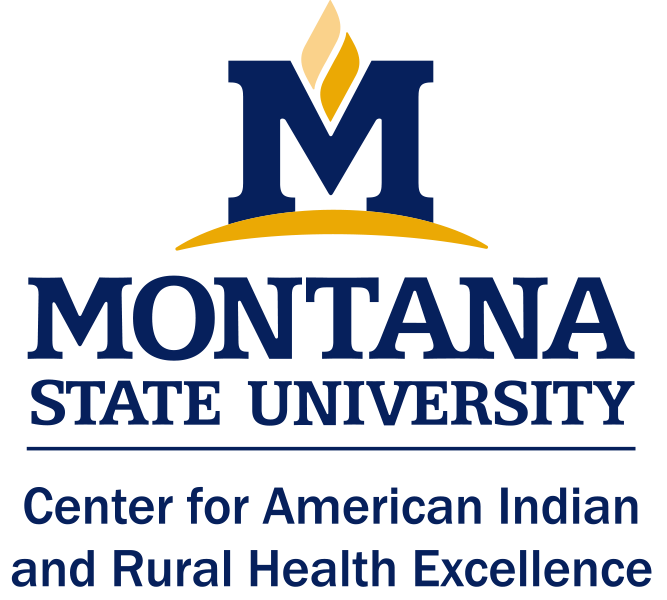Understanding Experiences and Consequences of Isolation in Rural Montana
2025–present

Project Leader Peter Helm, Ph.D.
MSU Department of Psychology
peter.helm@montana.edu
There is a growing health crisis among rural and agricultural regions in the U.S., including high rates of depression, suicide, and substance use. Interpersonal isolation (social isolation, loneliness) is widely recognized as an important factor in health and suicide ideation, particularly in rural populations. Existential isolation is a third form of interpersonal isolation, defined as the subjective feeling that others do not understand one’s own subjective experiences. Research suggests that existential isolation differs in substantive ways from loneliness and social isolation, including incremental validity over loneliness in predicting depression and suicide ideation. Recent research has identified parallels between existential isolation and rural psychological health landscapes (i.e., greater prevalence among men, less intention to utilize health services, associations with a fragmented self-concept and social alienation), suggesting that existential isolation may be a potent predictor of rural health outcomes.
A recent NIMHD R21 study confirms these relationships. However, research assessing these experiences in a rural context has been limited to a single state and only utilized quantitative measures. The current project intends to utilize a community-based participatory research framework to replicate the basic findings in a novel rural context utilizing qualitative methods. Knowledge gained from this project will 1) inform the construct validity of interpersonal isolation in rural locales; 2) replicate and generalize prior findings; and 3) situate understanding of isolation and health needs from the perspectives of stakeholders most likely to benefit from future interventions. The long-term goal of this pilot project is to provide valuable data for a larger R01 grant submission focused on developing a community-based intervention to ameliorate isolation in rural regions. These aims are directly aligned with the Center for American Indian and Rural Health Excellence’s mission to reduce significant health problems in Montana communities.

